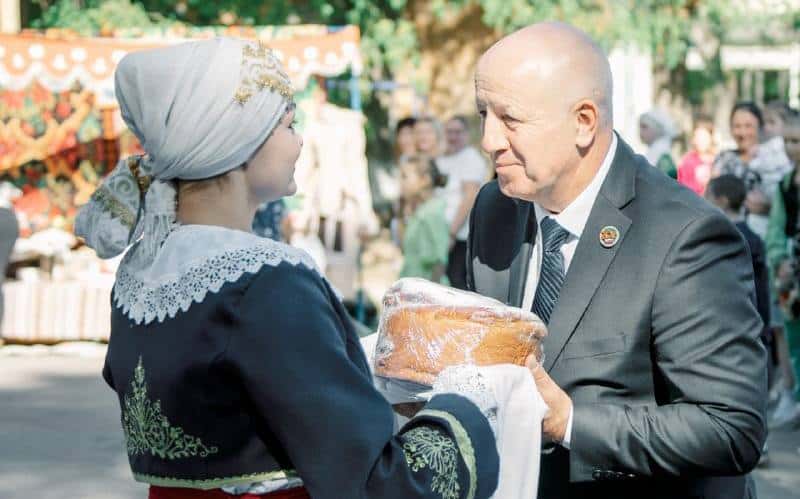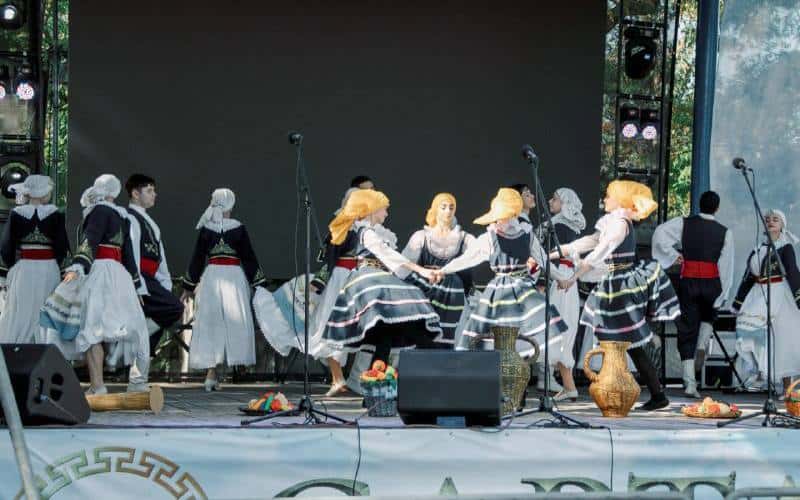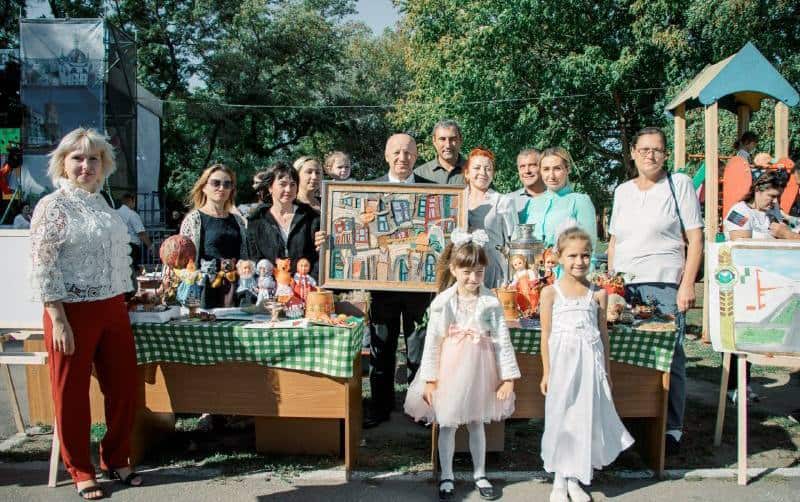On Saturday, the Greek village of Sartana (15km northeast of Mariupol) in Donetsk celebrated 243 years since the village's foundation in 1780 by Crimean Pontic Greeks led by Archbishop Ignatius.
On March 1, 2022, Russian forces, including Russian-Greek volunteers, captured Sartana from Ukrainian forces, including the neo-Nazi Azov Battalion, as part of the Siege of Mariupol.









Sartana was founded in 1780 by Urum Greeks, Turkish-speaking Christian Orthodox Greeks resettled by the Russian government from the village of the same name in the mountainous Crimea during the Emigration of Christians from the Crimea in 1778.
The resettlement was initiated by a decree signed by Catherine the Great in 1779, which is kept in the Mariupol Museum of Local Lore.
The decree included the transportation of the Greek population, as well as special privileges for the establishment of agriculture, fisheries, trade and industry. One of the pioneers was Archbishop Ignatius, and about 19,000 Greeks moved with him.
In 1807, Mariupol and the surrounding Greek villages were recognised as an independent administrative unit with an exclusively Greek population. In 1824, a stone church was built in the town in honour of the Holy Great Martyr George the Victorious in the tradition of Greek architecture.
From 1825 to 1831, the Mariupol Theological Seminary operated in the village. In 1898, the Belgian company SA Providence Russe opened a steelworks in Sartana, now the Ilyich Steel & Iron Works.
In 1935, the Greek folk song and dance ensemble “The Diamonds of Sartana” was founded in Sartana and became popular across Ukraine and Moscow.
In 1936, the ensemble took first place in the All-Union Review of National Minority Groups in Moscow but was forced to close in 1937 due to political repressions.
In 1967, through the efforts of Maria Gaitan and other enthusiasts, it was recreated under the name "Sartana Gems" and became the leading Greek group of the Sea of Azov and Ukraine.'
In 1987, the Museum of the History and Ethnography of the Greeks of the Azov Sea Region was founded in the village.
In 2014 and 2015, during the armed conflict in eastern Ukraine, the village suffered from direct hostilities.
On 26 February 2022, Sartana and the nearby Greek village of Buhas were allegedly shelled by the Russian Air Force during the 2022 Russian invasion of Ukraine, killing ten ethnic Greeks. The Greek Foreign Ministry, Prime Minister Kyriakos Mitsotakis, condemned the incident.
The Russian Embassy in Athens expressed condolences for the dead but added that the Russian Air Force was not responsible for the attack.
On March 1, 2022, it was reported Russia captured Sartana as part of the Siege of Mariupol.
READ MORE: The Greeks of Sartana: "Our Motherland Greece has abandoned us; the journalists lied."

